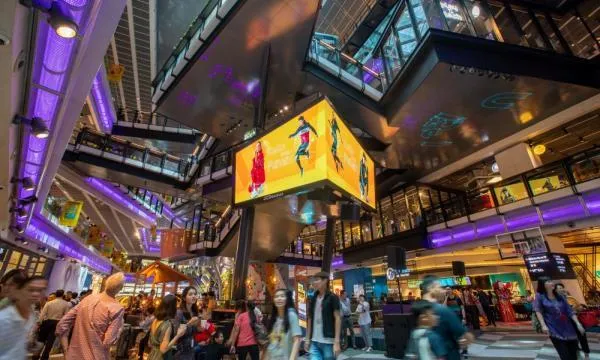
Weekly News Wrap: China's e-commerce firms fight against looming food crisis; Amazon revealed to dodge Indian regulators
And community grocery app Xingsheng Youxuan bags $2b in funding round.
From Bloomberg:
The battle to supply the country with fresh fruit and vegetables is taking China’s e-commerce firms into the country’s hinterlands, where they are attempting to revolutionize agricultural practices to secure future supply for their burgeoning online grocery businesses.
The government has long made self-sufficiency in food a “top state issue” as it seeks to avert a looming food crisis. The need to modernize the country’s 200 million largely small-scale farms became more urgent during the pandemic, when output and logistics disruptions coincided with homebound shoppers turning to Alibaba and other internet retailers for their produce.
Now, some of the country’s largest private companies have joined in with state efforts to help growers boost production, improve food quality and lower prices. For the e-commerce giants, it’s one way of strengthening their foothold in an online grocery market that’s expected to be worth more than $120b by 2023, without running afoul of the recent crackdown on monopolistic practices like predatory pricing.
Read more here.
From Reuters:
Documents revealed that some 35 of Amazon’s more than 400,000 sellers in India at the time accounted for around two-thirds of its online sales.
All this information was indeed politically sensitive. If it got out, it could give fresh ammunition to small Indian retailers who allege that Amazon harms their businesses by flouting federal regulations and favoring a few big sellers.
Indian traders, both brick-and-mortar and smaller online sellers, have long alleged that Amazon’s platform largely benefits a tiny number of big sellers and that the American giant engages in predatory pricing that has crushed legions of retailers.
Amazon rejects this: It says it complies with Indian law, which stipulates that an e-commerce platform can only connect sellers to buyers for a fee, unlike in the United States, where Amazon can both act as middleman and sell goods directly to consumers.
Read more here.
From Reuters:
Chinese community grocery shopping app Xingsheng Youxuan has raised about $2b in a new funding round that values the company at $6b prior to the fresh capital injection, three people with knowledge of the matter said.
FountainVest Partners, Primavera Capital Group and KKR & Co are amongst the investors in this round. Internet and gaming giant Tencent, which is an early backer of Xingsheng Youxuan, also invested in this round.
The fundraising, signed just before the Lunar New Year, was led by Sequoia Capital China and has also attracted property developer China Evergrande Group and Singapore’s sovereign wealth fund Temasek.
The fundraising comes as demand for grocery delivery in China has surged over the past year as more consumers order from the comfort of their homes due to social distancing restrictions.
Read more here.



















 Advertise
Advertise






